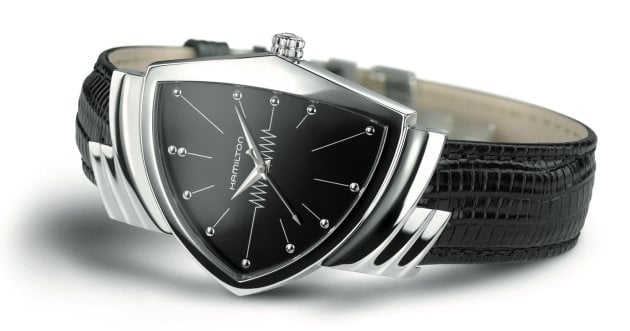
The ” necktie ” is the most important element of the V-zone in suit and jacket styles. In Japan, wearing a necktie in a formal setting is considered important in itself, and there are few opportunities to be particularly conscious of what kind of tie you are wearing. However, in Europe and the United States, the birthplace of the suit culture, it is common for people to ” see through” others by their choice of tie. In an increasingly globalized world, the choice of necktie cannot be ignored by businessmen who are active on the world stage. In this issue, we focus on the regimental stripe, which is also popular in Japan, and introduce some points you should know whether to wear a regimental tie or not!
Suponsered by
Regimental stripes are formal, choose your education and occasion!
Businesspeople posted to Japan from Europe and the U.S. are often surprised at the number of Japanese businesspeople wearing “regimental stripe ties” with suit styles. While perfectly acceptable in jackets and non-formal occasions, it is best to avoid regimental stripes in formal suit styles. The reason lies in the origin of the word ” regimental,” which means “belonging to a regiment” in English, indicating belonging to a particular group. The regimental pattern in neckties was originally based on the British flag, with the Royal Marines wearing a navy blue, red, and yellow regimental tie and the Air Force a navy blue, white, and engine regimental tie as their uniform. In addition, regimental ties, called “school ties,” have been widely used at private universities in the U.K. since the 19th century to identify the university, and although alumni may wear ties from their university to alumni associations, it is rare for them to wear regimental ties in other formal occasions.
View this post on Instagram
If you wear a yellow regimental tie on a black background at a formal party in the UK, you may be asked, “Are you from Oxford University? You’re an academic flaunting your education…”. And he has no common sense to wear a regimental tie on such an occasion. On the other hand, you might say, ” I’m from Oxford, too! Which college? Who was your professor? I often hear stories of failure from trading company employees stationed abroad that they end up being talked down to. One point to keep in mind is that regimental ties are often inappropriate for formal occasions. When observing the dress code at the United Nations and other summits, one rarely sees heads of state wearing regimental ties.
2/5GO TO NEXT PAGE
![How to Choose a Necktie [ 5 Perspectives on Choosing the Best Necktie ].](https://otokomaeken.com/wp-content/uploads/2017/12/c7c97bb73b0eb6488874d99641a5f9cd-630x331.jpg)


![How to put on a necktie pin [ 6 points ].](https://otokomaeken.com/wp-content/uploads/2017/11/2a34cccf22739f23f15d52d6ab094b6c-630x331.jpg)










![2024 Newest ] 9 Suggestions for Stylish Knitwear Codes](https://otokomaeken.com/wp-content/uploads/2024/02/06dfb23c62425a19f32408a71c8337e4-630x331.jpg)












